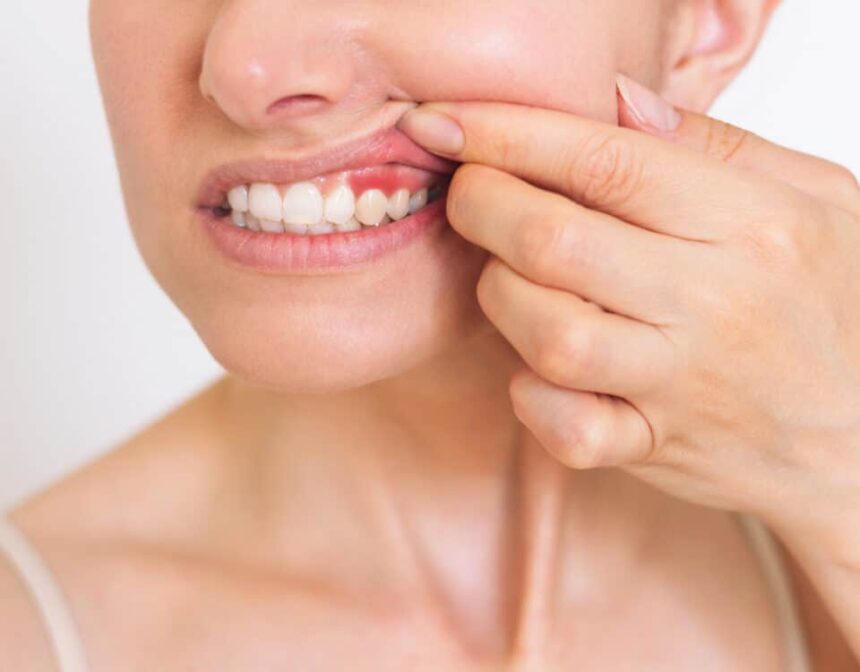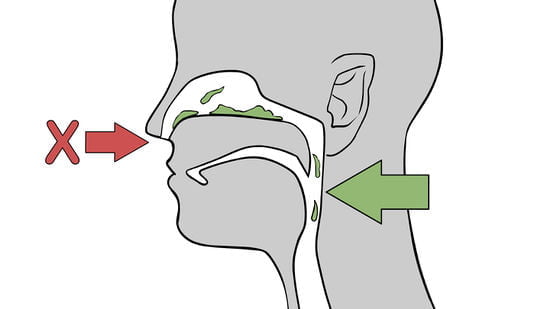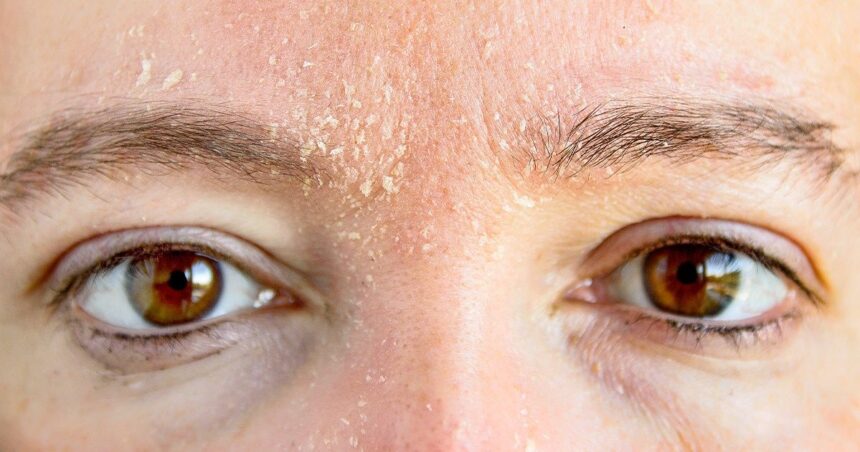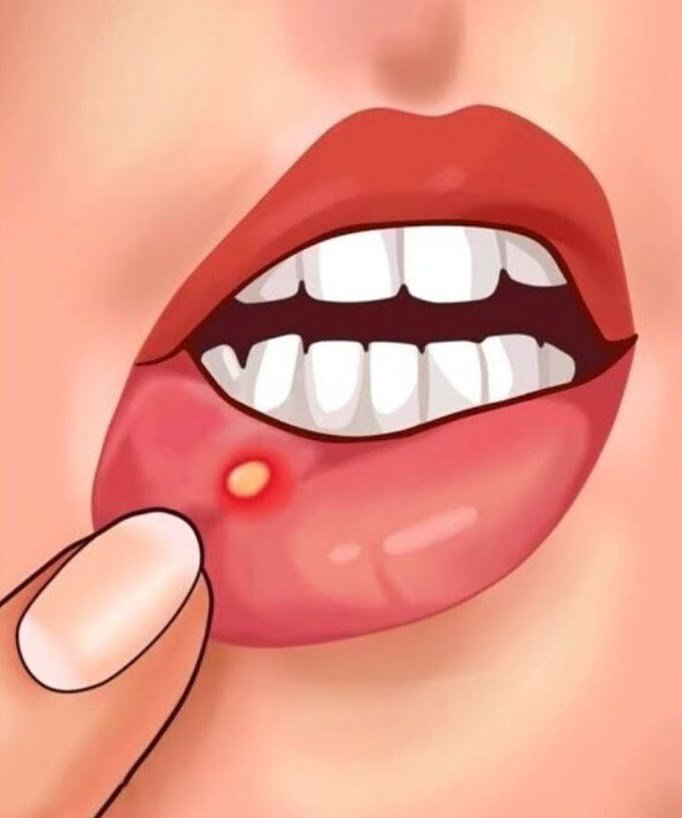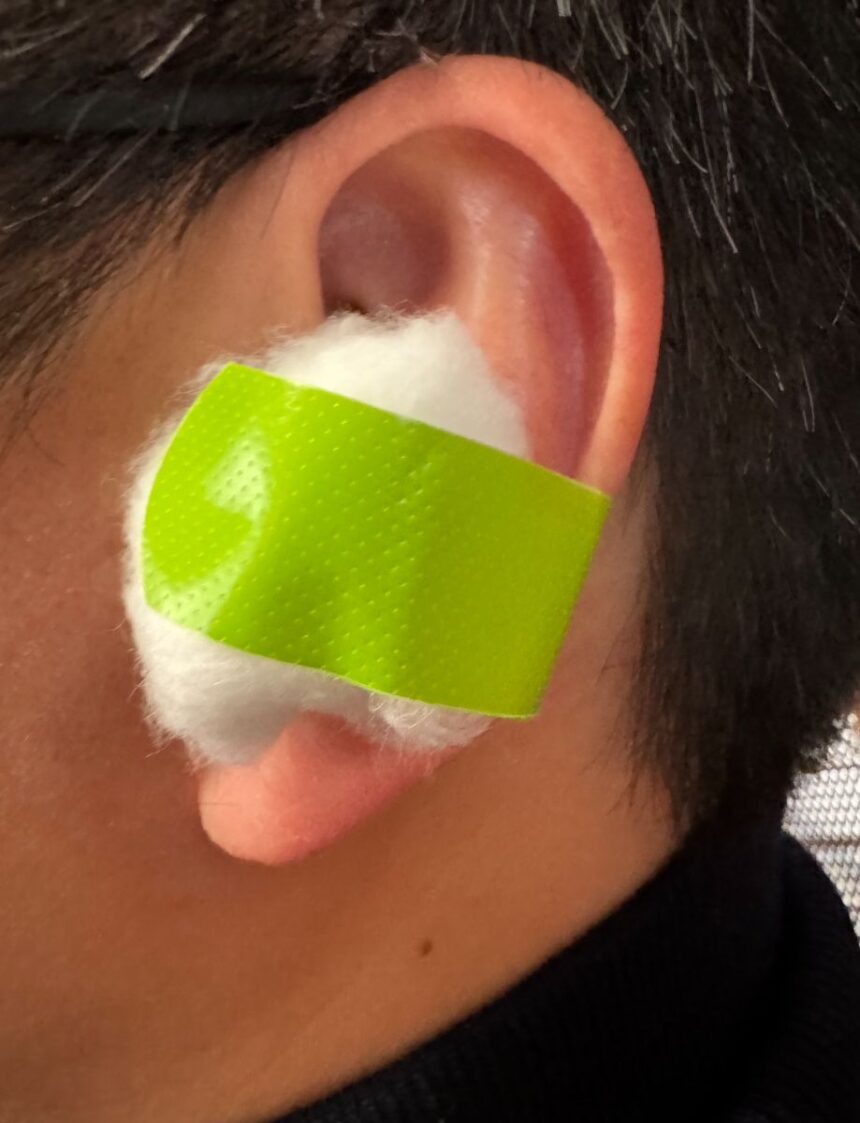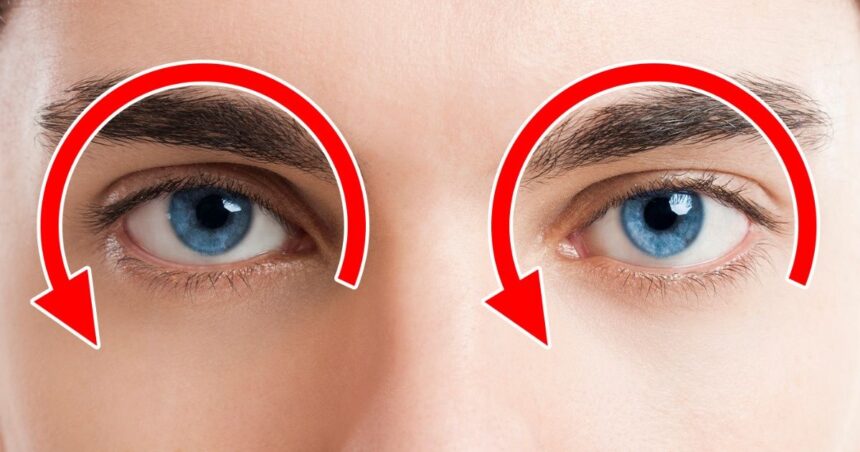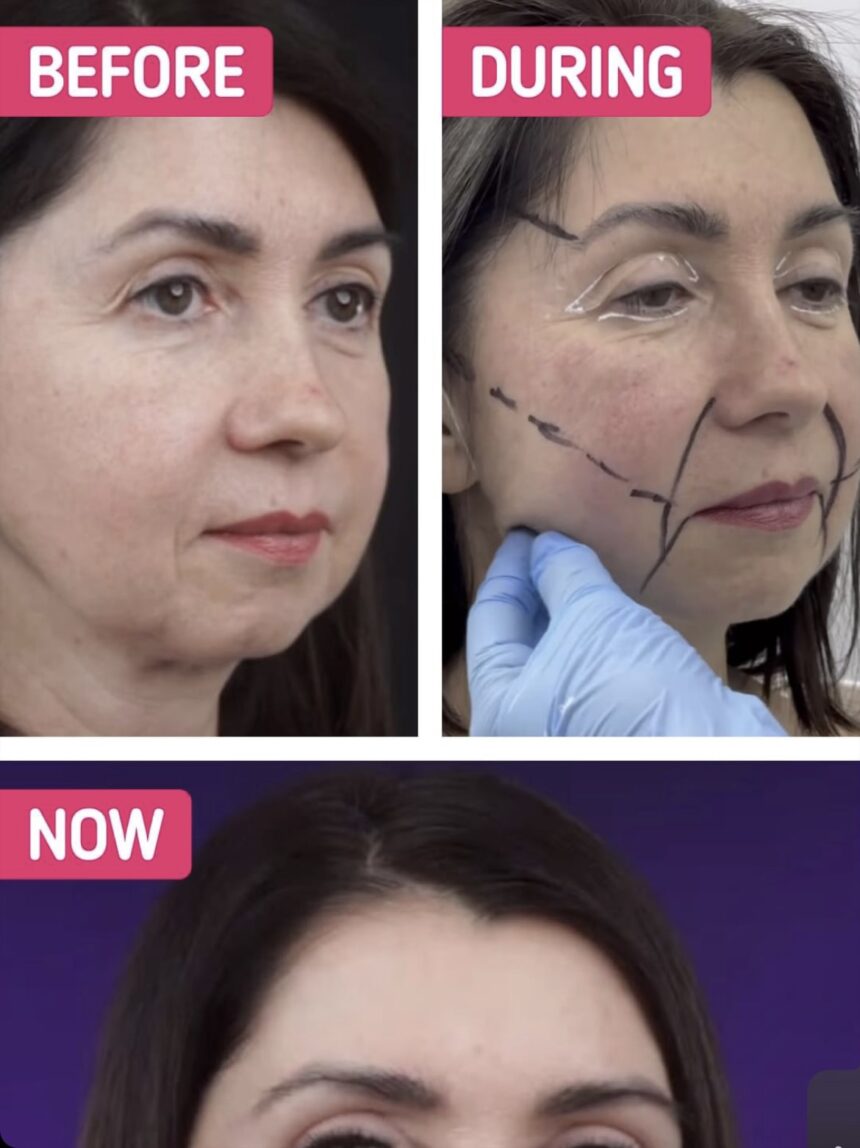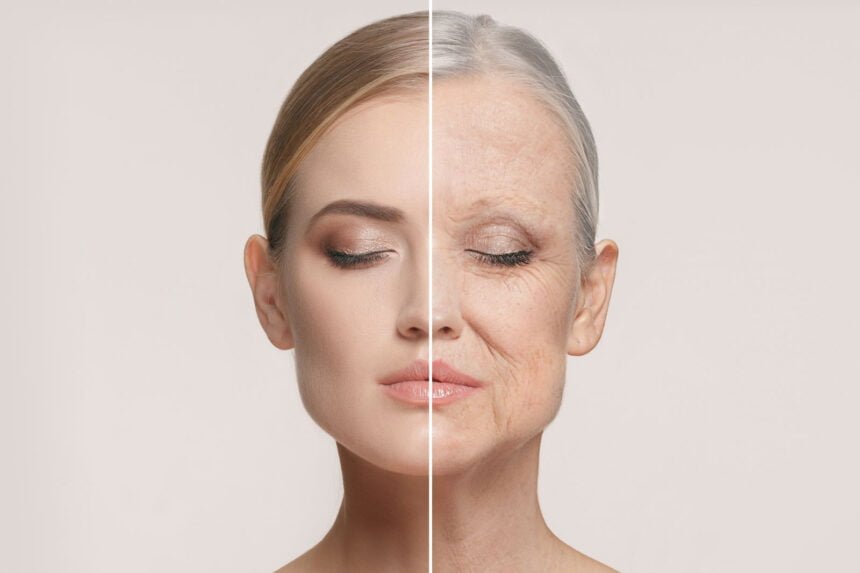Many people worry about receding gums, which affect oral health and general wellness.
Our detailed guide reveals nine simple, natural methods to heal receding gums.
It includes various approaches like soft brushing methods and herbal remedies to enhance gum health and stop further gum recession.
1. Gentle Brushing Techniques

Gentle Brushing Techniques: Nurturing Your Gums with Care
Ensuring optimal oral hygiene is a key factor in preventing and addressing receding gums. Gentle brushing techniques play a pivotal role in maintaining gum health and preventing further recession.
Here, we delve into the nuances of effective and tender brushing methods that promote both cleanliness and the well-being of your gums.
Importance of Gentle Brushing:
- Preservation of Gum Tissues: Aggressive brushing can lead to abrasion of the gum tissues, contributing to gum recession. Gentle brushing, on the other hand, helps maintain the integrity of the gums and prevents unnecessary wear and tear.
- Minimization of Irritation: Harsh brushing may cause irritation and inflammation, exacerbating existing gum issues. Adopting a gentle approach minimizes irritation, fostering a healthier environment for your gums to thrive.
Guidelines for Gentle Brushing:
- Choose a Soft-Bristled Brush: Opt for a toothbrush with soft bristles. These bristles are effective in cleaning without causing excessive pressure on the gums.
- Proper Brushing Technique: Hold your toothbrush at a 45-degree angle to your gums. Use short, gentle strokes, ensuring that you clean the outer and inner surfaces of your teeth, as well as the chewing surfaces.
- Be Mindful of Pressure: Avoid applying excessive force while brushing. Let the bristles do the work, and allow the gentle pressure to clean your teeth without causing unnecessary stress on the gums.
- Use Circular Motions: Circular brushing motions are gentle yet effective in dislodging plaque and debris. This technique ensures a thorough clean without the abrasive effects associated with back-and-forth scrubbing.
Additional Tips for Gentle Oral Care:
- Regular Check-ups: Schedule routine dental check-ups to monitor your gum health. A professional cleaning can complement your at-home care, addressing any potential issues before they escalate.
- Flossing Complementarily: Integrate flossing into your daily routine to clean between teeth and along the gumline where a toothbrush might not reach as effectively.
- Invest in Quality Products: Selecting toothpaste and mouthwash formulated for sensitive gums can contribute to a gentler oral care routine.
2. Oil Pulling for Oral Health
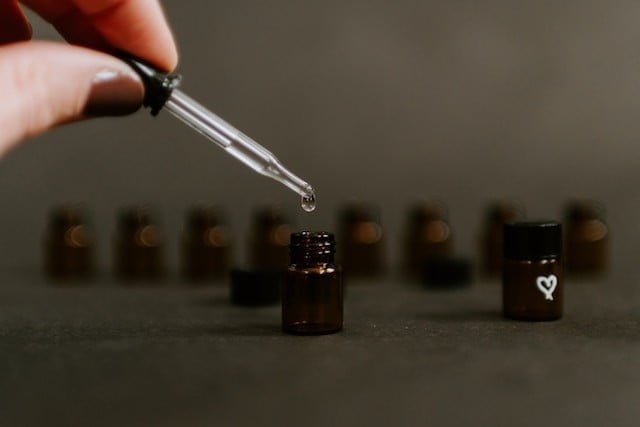
Oil pulling stands out as a time-honored and natural practice renowned for promoting overall oral health, particularly in the context of gum-related concerns such as receding gums.
This ancient Ayurvedic technique involves swishing oil, typically coconut or sesame oil, in the mouth for an extended duration, usually around 15–20 minutes.
How Oil Pulling Works:
- The process of oil pulling involves swishing the oil around the mouth, allowing it to pass through the gaps between teeth and reach every nook and cranny. This thorough swishing action helps to dislodge and pull out harmful bacteria, toxins, and plaque from the oral cavity.
Benefits for Gum Health:
- Reducing Bacterial Load: Oil pulling has antimicrobial properties that combat harmful bacteria responsible for gum diseases. It addresses the root cause of receding gums by minimizing bacterial activity.
- Anti-Inflammatory Action: The swishing action activates saliva production, which contributes to a natural cleansing mechanism. Additionally, the anti-inflammatory properties of the chosen oil help soothe inflamed gums, promoting healing.
Best Practices for Oil Pulling:
- Selecting the Right Oil: Coconut and sesame oils are popular choices due to their inherent antibacterial properties. These oils also possess a pleasant taste, making the process more tolerable.
- Timing and Frequency: To maximize effectiveness, oil pulling is typically done in the morning on an empty stomach. The recommended frequency is daily, ensuring consistent benefits over time.
- Spit, Don’t Swallow: The oil collects toxins during swishing, so it’s crucial to spit it out rather than swallowing. Swallowing could reintroduce the expelled toxins into the body.
Cautionary Notes: While oil pulling offers numerous benefits, it’s essential to recognize that it’s not a substitute for regular dental hygiene practices.
Brushing, flossing, and professional dental cleanings remain integral to comprehensive oral care.
Additionally, individuals with allergies to specific oils or those experiencing discomfort during oil pulling should discontinue the practice and consult a healthcare professional.
3. Aloe Vera’s Soothing Properties
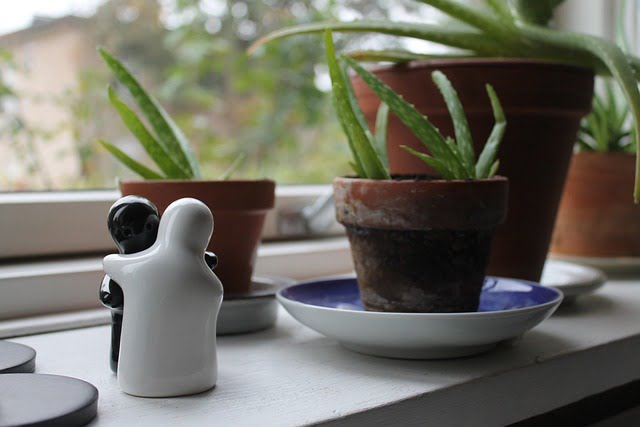
Aloe vera, known for its healing properties, can be a game-changer in addressing receding gums. Learn how to harness the soothing benefits of aloe vera for optimal gum health.
4. Green Tea’s Antioxidant Boost
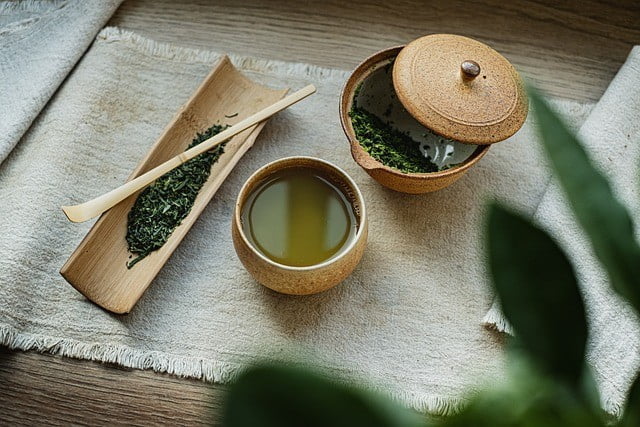
Based on a study from 2009, green tea consumption has been linked to promoting optimal oral health by supporting healthy teeth and gums, and even potentially preventing diseases.
Consider incorporating one to two cups of green tea into your daily routine to enjoy these potential benefits.
5. Vitamin C-Rich Diet for Gum Health

Nutrition plays a crucial role in maintaining healthy gums. Dive into a vitamin C-rich diet, exploring foods that support gum health and aid in the prevention of further recession.
6. Crafting an Effective Oral Hygiene Routine
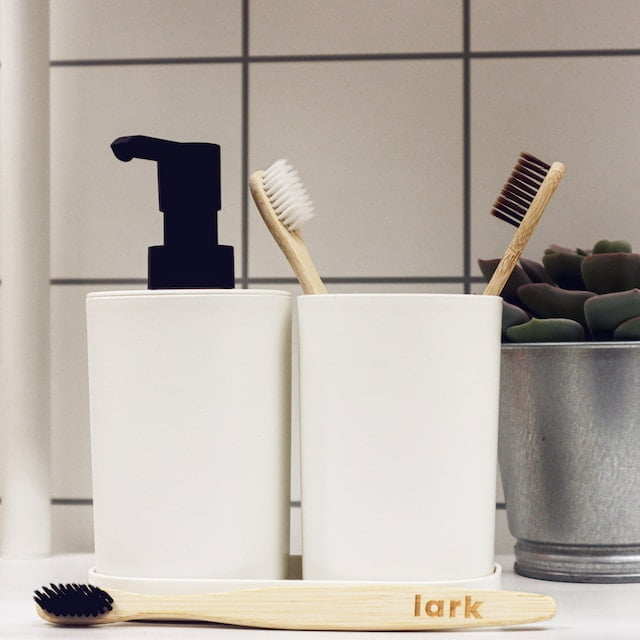
Building a consistent and effective oral hygiene routine is paramount. We guide you through proper brushing, flossing techniques, and the use of mouthwash to promote optimal gum health.
7. Unlocking the Power of Gum Massage

Gum massage, often overlooked, can be a simple yet effective solution. Discover techniques and benefits, incorporating gum massage into your daily routine for healthier gums.
8. Herbal Solutions and Natural Remedies

Explore the world of herbal solutions, including sage, chamomile, and other natural remedies renowned for their positive impact on gum health.
9. Professional Consultation for Holistic Care

While natural remedies are valuable, professional consultation remains essential. Regular dental check-ups and guidance from oral health professionals ensure a holistic approach to gum health.
Here are the FAQs related to healing receding gums naturally:
- How often should oil pulling be practiced for optimal results?
- Oil pulling can be done daily for optimal results. Aim for 15–20 minutes each session to effectively reduce harmful bacteria and promote gum health.
- Are there specific herbal remedies suitable for sensitive gums?
- Yes, chamomile and calendula are gentle herbal remedies suitable for sensitive gums. Their anti-inflammatory properties can soothe and promote healing without causing irritation.
- Can vitamin C supplements replace natural dietary sources for gum health?
- While supplements can complement your diet, it’s best to obtain vitamin C from natural sources like citrus fruits, strawberries, and bell peppers. A balanced diet ensures overall gum health.
- What is the recommended duration for gum massage sessions?
- Aim for 2–5 minutes per session when practicing gum massage. Gentle circular motions with a soft toothbrush or clean fingers can stimulate blood flow and support gum health.
- How often should one consult with an oral health professional for gum-related concerns?
- Regular dental check-ups are recommended every six months. However, if you have specific gum concerns, consult your oral health professional promptly for personalized guidance.
- Is there any age restriction for implementing these natural remedies?
- These natural remedies are generally suitable for individuals of all ages. For children or those with particular health conditions, consulting a healthcare professional is recommended.
These FAQs provide additional insights into the natural ways to heal receding gums, ensuring a comprehensive understanding of the topic.


